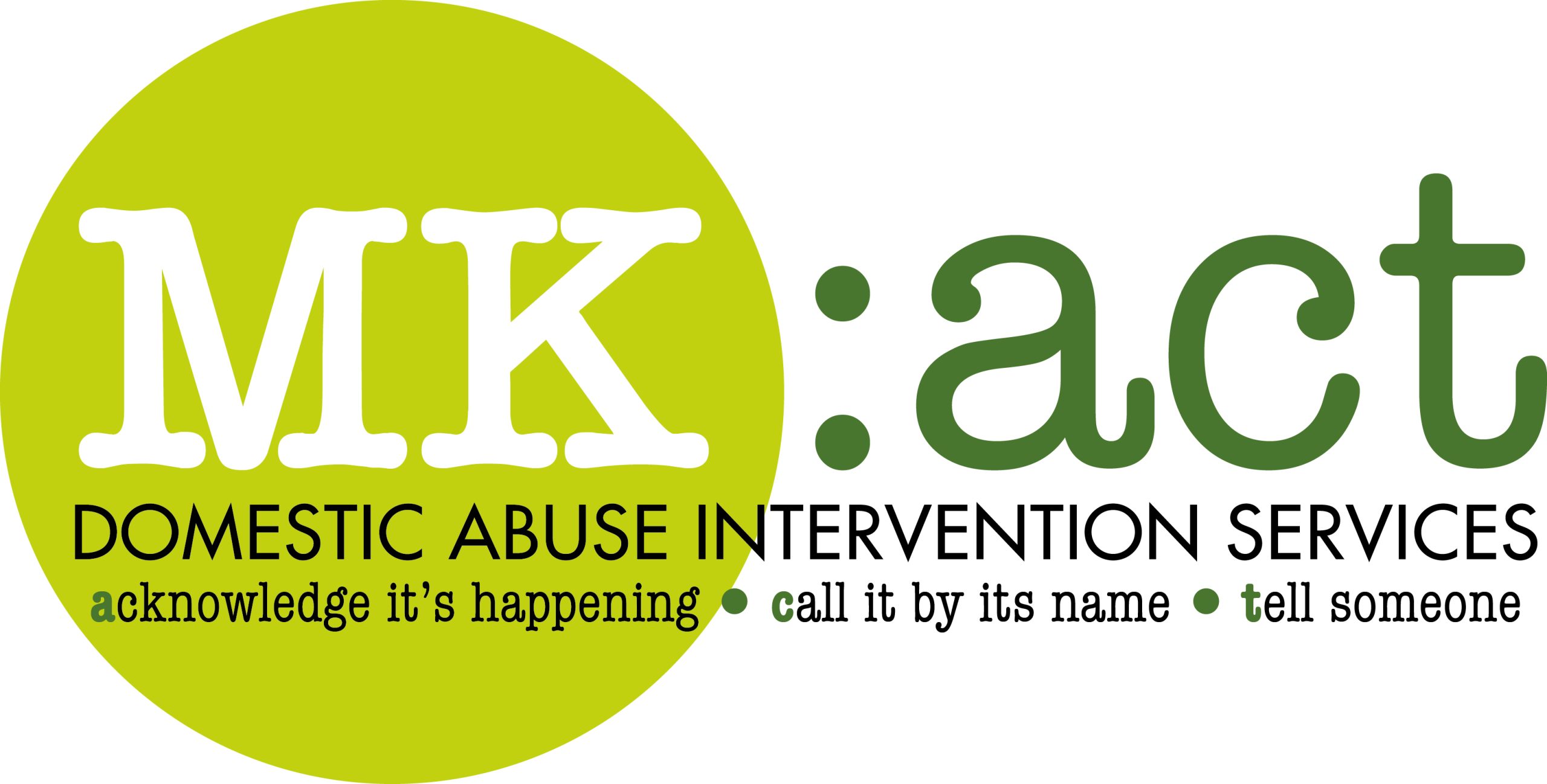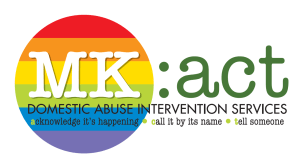The majority of the domestic violence awareness movement has focused on heterosexual relationships, in the past members of the LGBTQ+ community have been largely left out of the movement. Research shows that LGBTQ members fall victim to domestic violence at equal or even higher rates compared to their heterosexual counterparts.
We are pleased to announce, thanks to funding from MK Council, we now have an Independent Domestic Abuse Advisor who is a LGBTQ+ Specialist. For confidential support and guidance, please email [email protected] or call our helpline on 0344 375 4307.
For more LGBT Support Services click here: Support services – Galop the LGBT+ anti-abuse charity – Galop
We believe that everyone should have the right to live without fear. We also have a specialist domestic abuse prevention programme, which works to address the cause of the problem, by engaging with individuals who have issues in relation to violent, abusive, intimidating or controlling behaviours in their intimate or family relationships. The Fresh Start service aims to increase the safety of both partners and children and prevent further incidents of abuse.
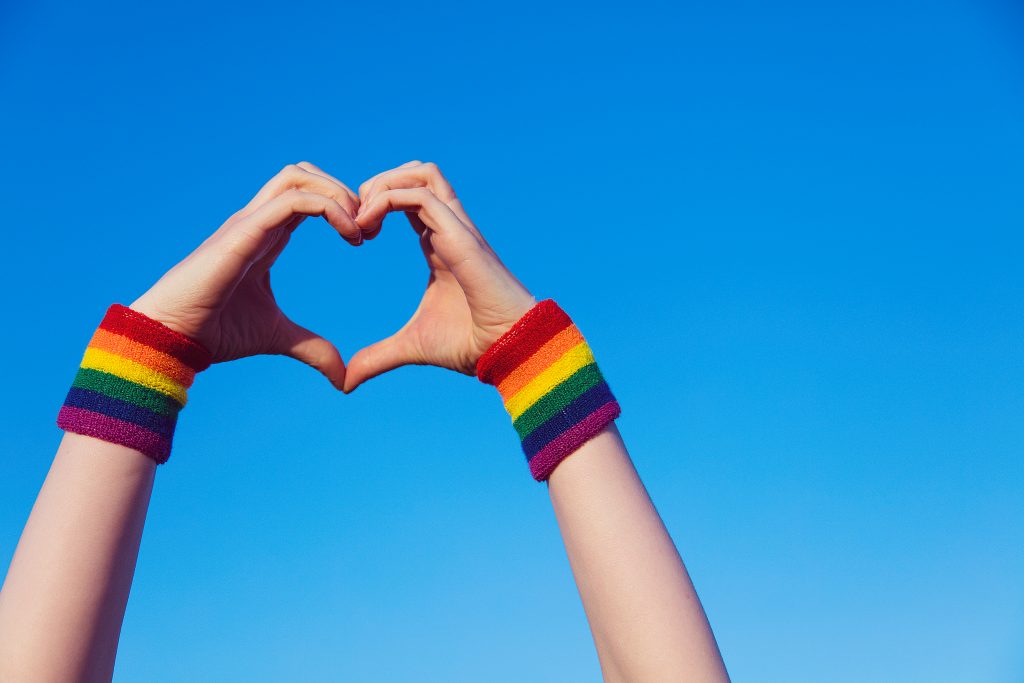
MK Act supports everyone in Milton Keynes who is suffering from domestic abuse, of any sexual orientation, gender orientation, identity or expression. We are a confidential service and our experienced team offer non-judgmental advice and support via our helpline.
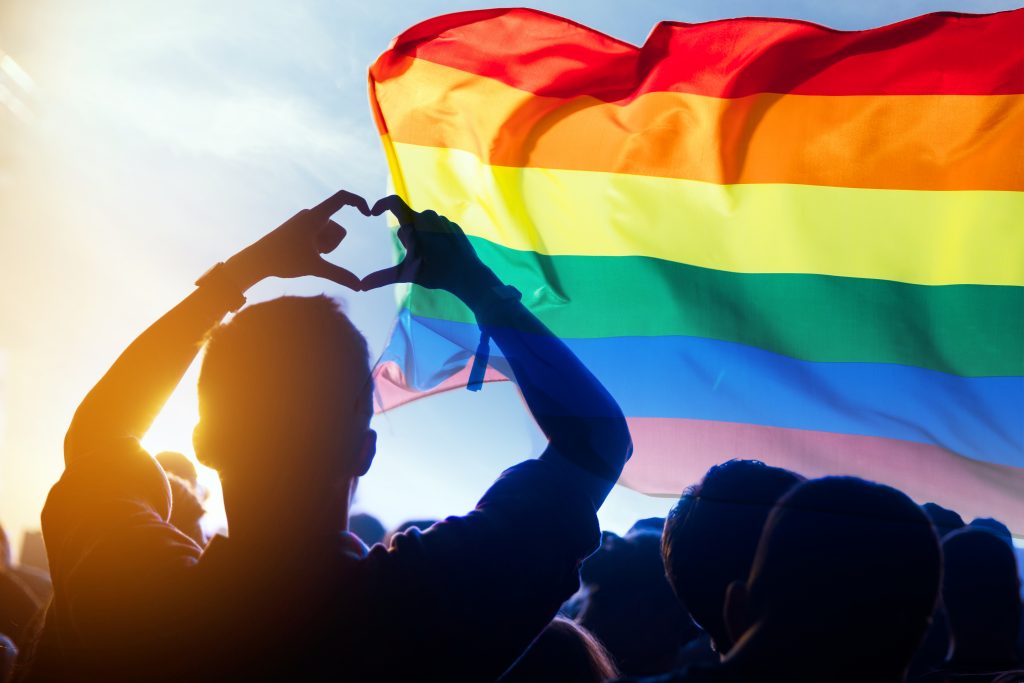
Heterosexual and LGBT people may experience similar patterns of domestic abuse, there are however some specific issues that are unique to the experiences of LGBT people, which may include:
- Threat of disclosure of sexual orientation and gender identity to family, friends, or work colleagues.
- Undermining someone’s sense of gender or sexual identity
- Increased isolation because of factors like lack of family support or safety nets.
- Limiting or controlling access to spaces and networks relevant to coming out and coming to terms with gender and sexual identity.
- The abused may believe they ‘deserve’ the abuse because of internalised negative beliefs about themselves.
- The abused may believe that no help is available due to experienced or perceived homo/bi/ transphobia of support services and criminal justice system.
With specific reference to LGBT partner abuse:
- Using society’s heterosexist myths about aggression and violence abusive partners may manipulate and convince their partner that no one will believe the abuse is real.
- Abusive partner may manipulate their partners into believing that abuse is a ‘normal’ part of same-sex relationships.
- Abusive partners can give the idea that the violence is mutual or that the abused partner consents to the abuse.
- Abusive partner may threat to call the police and claim they are the abused person.
- The abusive partner may pressure their partner to minimalise abuse to protect the image of the LGBT community.
- If the abused partner is living in the UK on a spousal visa, abuser might take advantage of their lack of awareness about immigration law, and threaten to deport them back to their country of origin, which might be unsafe due to e.g.: anti-gay legislation.
With specific reference to trans persons:
- Withholding medication or preventing treatment needed to express victim’s gender identity (e.g. hormones, surgery).
- The abuser might refuse to use correct pronouns and prevent the abused from telling other people about their trans background or identity.
- The abuser might use pejorative names and ridiculing persons’ body image (body shaming).
- The abuser might convince or manipulate their partner that nobody would believe them because they’re transgender.
- The abuser might deny a person’s access to medical treatment or hormones or coercing them into not pursuing medical treatment.
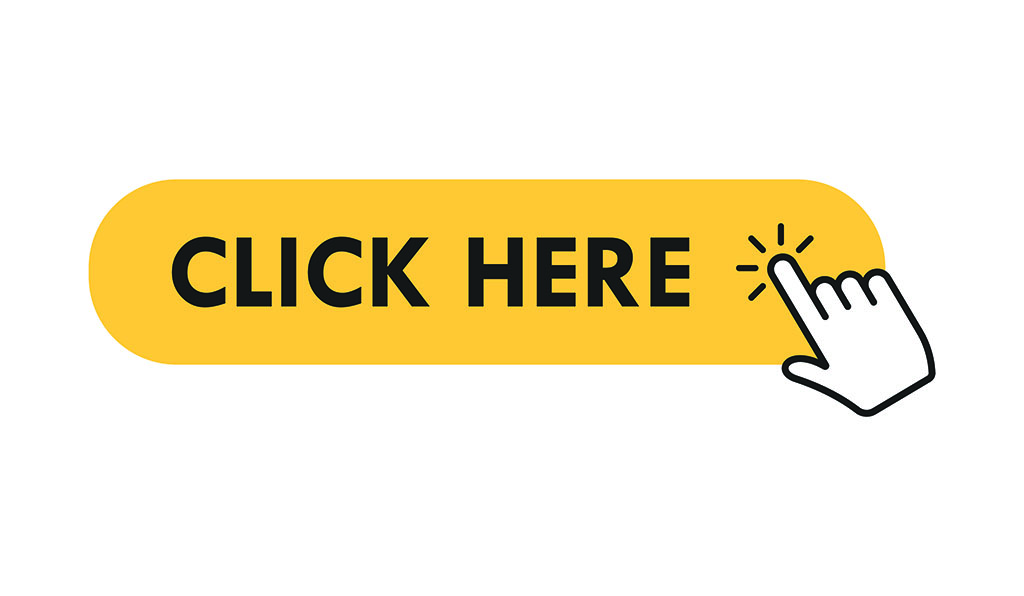 for information answering questions about what domestic violence and abuse is and outlines some of the unique aspects and the examples of tactics of domestic abuse as experienced by lesbian, gay, bisexual and transgender people.
for information answering questions about what domestic violence and abuse is and outlines some of the unique aspects and the examples of tactics of domestic abuse as experienced by lesbian, gay, bisexual and transgender people.
MK Act Helpline
0344 375 4307
[email protected]
Monday to Friday 9am – 5:00pm
Please Note: Calls are charged at local rate.
National Helpline for LGBT+ Victims and Survivors of Abuse and Violence
https://galop.org.uk/ (webchat available during opening hours)
0800 999 5428
[email protected]
Monday – Thursday, 10am to 8:30pm
Friday, 10am to 4:30pm
